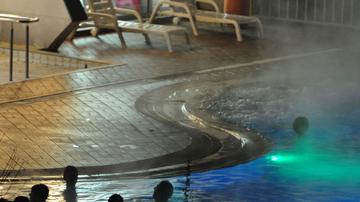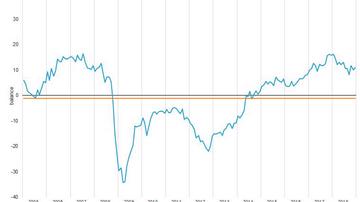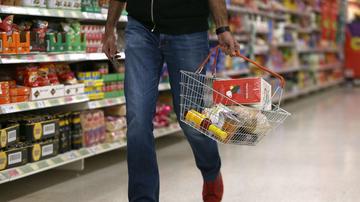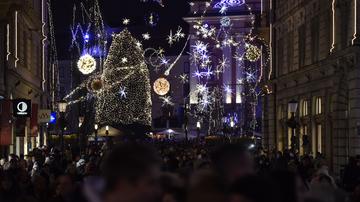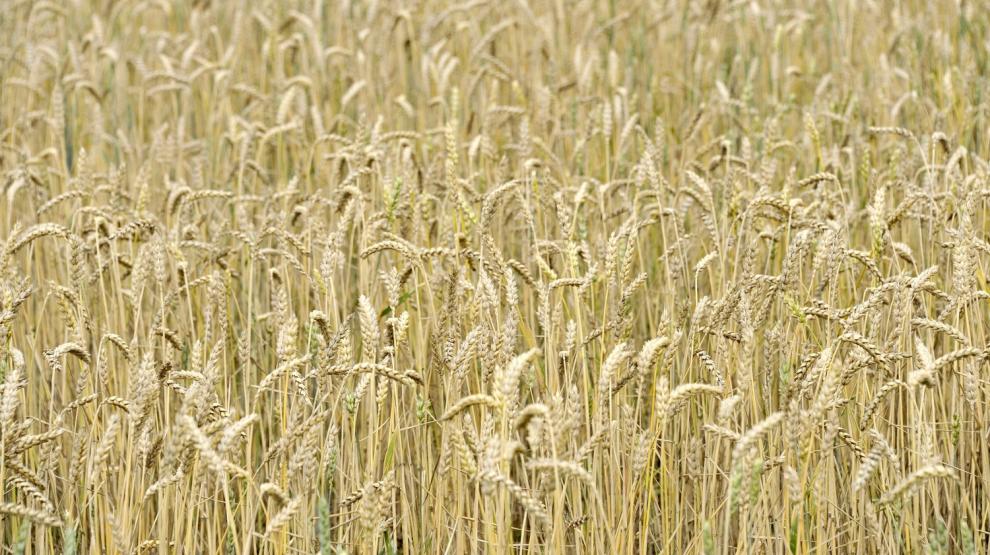
Commission's Communication »Next steps for a sustainable European Future: European Action for sustainability« demonstrates the significance of the SDGs for the European Union (EU) and explains how the EU contributes to reaching them. It also foresees a regular monitoring of sustainable development goals at the EU level. For this purpose, a set of indicators relating to the 17 global sustainable development goals is being prepared. The goals and targets are supposed to stimulate action in areas of critical importance for humanity and the planet: people, planet, prosperity, peace and partnership.
We present selected statistical data for Slovenia, the EU-28 and countries with the highest and lowest values of selected indicators.
- In 2015, 17.3% of the EU-28 population lived below the poverty line. The share was the highest in Romania (25.4%) and the lowest in the Czech Republic (9.7%); in Slovenia it was 14.3%.
- In 2015, over 10 million hectares or 6.2% of agricultural land were farmed organically or in conversion in the EU-28. The share was the highest in Austria (20.3%) and the lowest in Malta (0.3%); in Slovenia it was 8.8%.
- In 2014, 23.9% of the EU-28 population were daily or occasional smokers. The share was the highest in Bulgaria (34.7%) and the lowest in Sweden (16.7%); in Slovenia it was 24.3%.
- In 2016, 10.8% of adults (25–64 years) in the EU-28 participated in education or training. The share was the highest in Sweden (29.6%) and the lowest in Romania (1.2%); in Slovenia it was 11.6%.
- In the fourth quarter of 2016, 28.2% of seats in national parliaments were held by women in the EU-28. The share was the highest in Sweden (45.8%) and the lowest in Hungary (9.5%); 26.9% of seats were held by women in the Slovenian parliament. (Source: European Institute for Gender Equality).
PLANET
- In 2015, 2.4% of the EU-28 citizens didn’t have access to basic sanitation facilities (bath or shower, indoor flushing toilet) in their household. The share was the highest in Romania (30.5%), while Germany, Ireland, Italy, Luxembourg, Malta and the Netherlands didn’t have problems with access to basic sanitation facilities; in Slovenia the share was 0.3%.
- Domestic material consumption – i.e. the total amount of material directly used in an economy – amounted to 13.2 tonnes per capita in 2015 in the EU-28. Consumption was the highest in Finland (30.5 t/capita) and the lowest in Italy (6.9 t/capita). In Slovenia, 13.3 tonnes per capita were consumed.
- The EU-28 reduced its greenhouse gas emissions by 22.9% between 1990 and 2014. The largest reduction was made in Lithuania (–59.3%) and the largest increase in Malta (+50.9%). Slovenia reduced its emissions by 10.8%.
- In 2013, 55% of the marine habitats and species listed in the Habitats Directive were considered as sufficient (in terms of number, extent, distribution and representativeness) in the EU-28. In Germany, Estonia and the Netherlands, the network of designated sites covered all their marine habitats and species listed in the Habitats Directive, while in Spain there was 7% sufficiency of sites; Slovenia had 60% sufficiency of sites.
- The degree to which Member States have completed their network of “Sites of Community Importance” was high throughout most of the EU-28, with an overall coverage of 92% of the terrestrial habitats and species listed in the Habitats Directive in 2013. The share was the highest in Ireland (100%) and the lowest in Cyprus (46%); in Slovenia it was 95%.
PROSPERITY
- In 2015, the share of renewable energy in gross final energy consumption in the EU-28 was 16.7%. It was the highest in Sweden (53.9%) and the lowest in Luxembourg and Malta (each 5%); in Slovenia it was 22%.
- In 2015, the share of young people (aged 15–24) who were neither in employment nor in education and training was 15.8% in the EU-28. It was the highest in Italy (21.4%) and the lowest in the Netherlands (4.7%); in Slovenia it was 9.5%.
- In 2015, gross domestic expenditure for research and development represented 2.03% of gross domestic product of the EU-28. The largest share was spent in Sweden (3.26%) and the lowest in Cyprus (0.46%); in Slovenia 2.21% was spent.
- In 2015, gross domestic product per capita was EUR 26,500. The highest GDP per capita was reported in Luxembourg (164% higher than the EU-28 average) and the lowest in Bulgaria (53% lower than the EU-28 average). Slovenian GDP per capita was 17% lower than the EU-28 average.
- In 2014, the urban population of the EU-28 was on average exposed to 22.5 micrograms of particulate matter PM10 per cubic metre. Urban population was exposed to the highest average concentrations in Bulgaria (41.2 µg/m3) and to the lowest in Finland (13.7 µg/m3). In Slovenia the average concentration was 22.5 µg/m3. The threshold set by the EU is 40 µg/m3.
PEACE
- In 2015, 13.6% of the EU-28 population had problems with crime, violence or vandalism in the area where they live. The share was the highest in Bulgaria (26.3%) and lowest in Croatia (2.9%); in Slovenia it was 9.2%.
PARTNERSHIP
- In 2015, the EU-28 Member States spent 0.46% of their gross national income on official development assistance. The highest share was spent in Sweden (1.41%) and the lowest in Bulgaria, Croatia, Cyprus, Lithuania and Romania (0.09% in each); Slovenia spent 0.15%.
Teja Rutar, Statistical Office of the Republic of Slovenia





















































